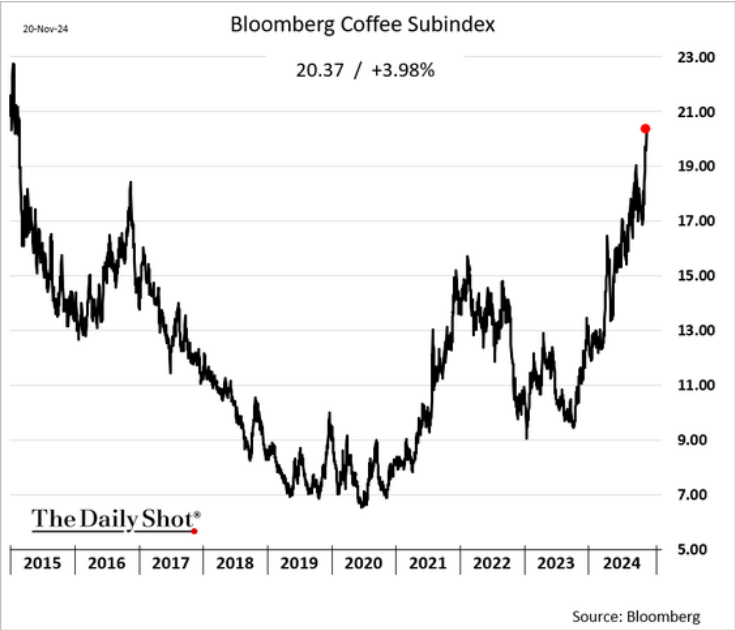November 21, 2024
Innovation
The word innovation continues to occupy the lexicon of politicians.
In Canada, the Liberals have leaned a lot on the word in trying to promote their rather useless Cap and Trade scheme. Useless here is applied to the impact on the climate because it is clear that venture capital start-ups are keen on the profit subsidy.
Just before the US election, Nature Magazine published a report on science funding around the world. While Canada is not mentioned (why would it be), it is clear that investment in research and development at the state level is important to economic development of real innovation.
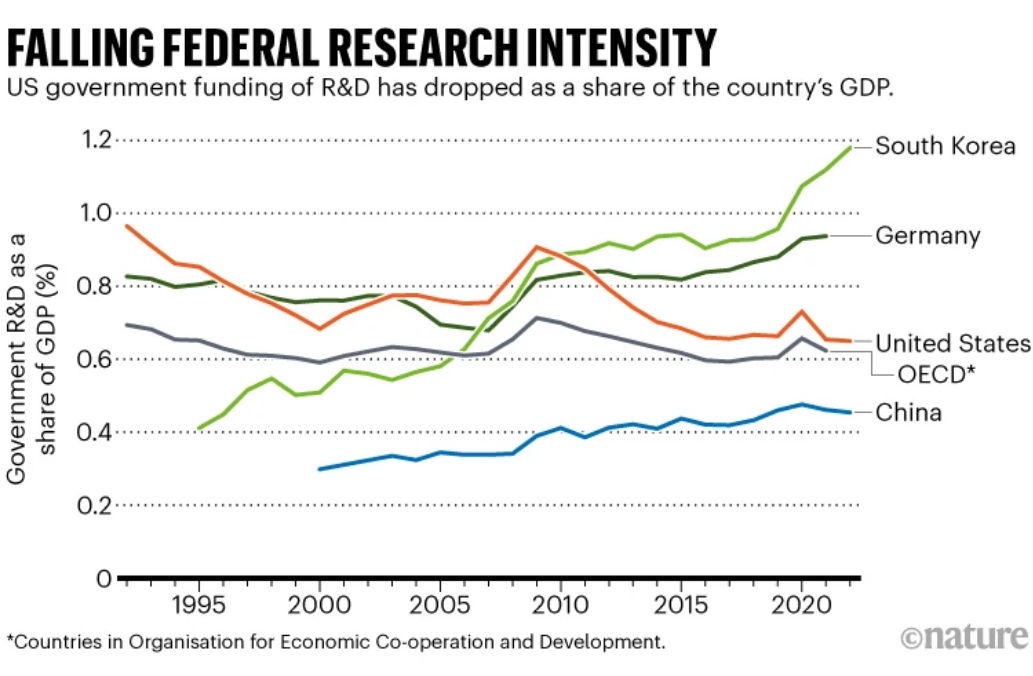
In the USA, they have focused more on supporting private sector research and development than directly state-driven funding. This was done through several indirect and direct profit subsidy regimes for their Tech sector.
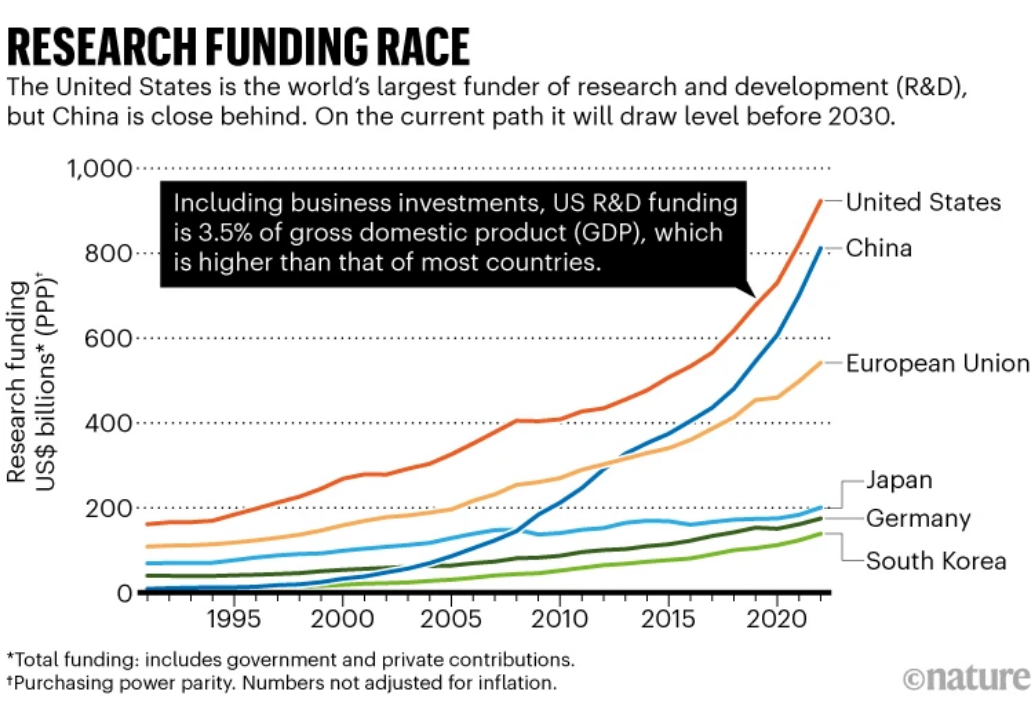
Different fields of study are getting different amounts of funding and support as government's try to pick researcher programs that result in high GDP output. This is a terrible way to develop science and a very good way to over develop certain areas of research. Over-developed areas of research tend to spend a lot of time thinking about how to get funding as opposed to doing research.
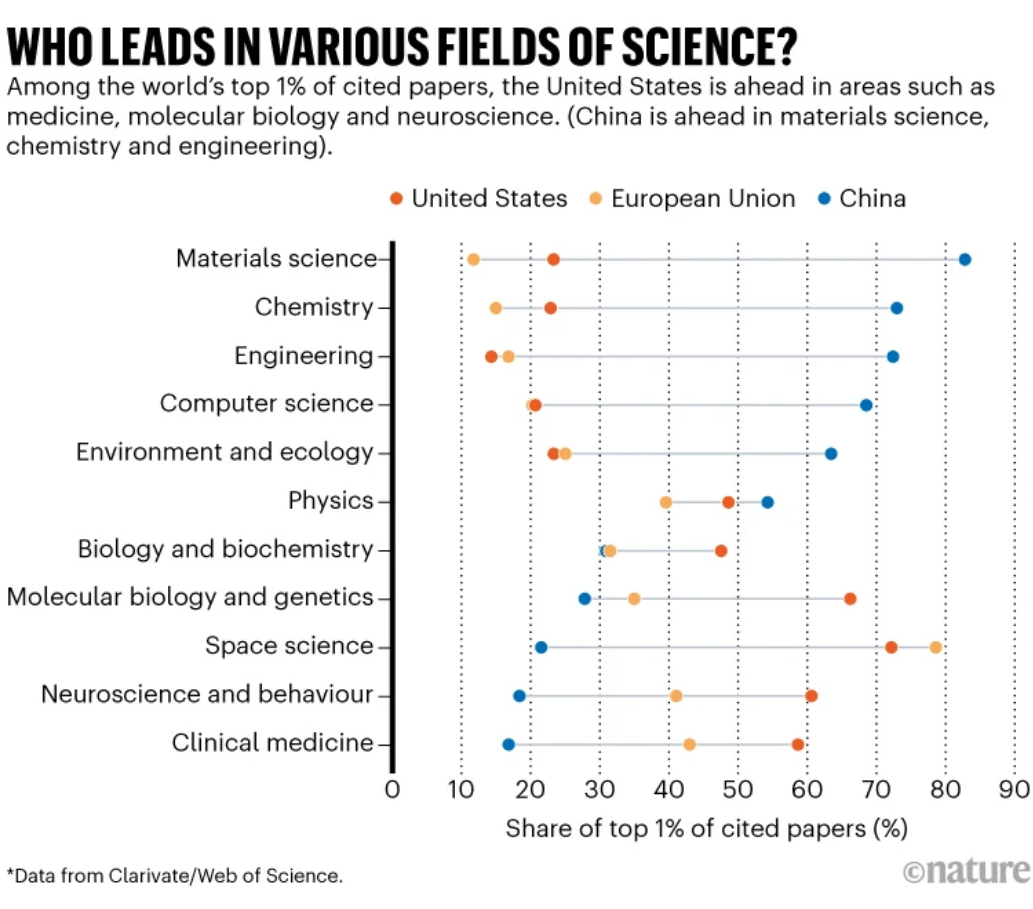
We outlined previously that there is a massive benefit to economic growth and development from direct non-military state-funded research. And, the best option for commercializing that research and/or developing industries is through state-level research agencies working with universities.
That support is seriously lacking in Canada as we try to mimic the USA in supporting private R&D. It is a failed program for Canada and has been since the start of it in the mid-1990s. Commercialization of university research initiatives has come at the same time as declining productivity and investment.
But, Liberals cannot help but doubling down on this policy. The new Cap and Trade regulations for the oil and gas sector is even structured in this failed policy frame. They want to shift money away from oil and gas companies and give it directly to Venture Capital financed start-ups linked to university commercialization offices.
While it is nice for America VC firms to get profit subsidies to try and find and own one research group's IP for small scale, niche market direct air capture production or pretend CCUS, it is not exactly going to affect climate change and it is not going to result in economic growth.
The other money will flow to privatizing our energy grid by building wind and solar not made in Canada and that would have been built anyway. This transfer of money from one tendency of capital to another is just not going to result in much of anything when it comes to total emissions.
Liberals want to believe otherwise. They have put a lot of stock in the myth of the private reserach market even in the face of all the data showing this does not work in Canada.
It is not a surprise that it doesn't work to those looking at how it is not working. Canadian firms only invest in new productive capacity if it is cheaper than the workers doing the work currently. And, new private investment in companies does not flow into Canada if there is even a chance that the investment can be made in the USA.
The only option Canada has is to plot a different direction than the USA. That policy frame will have to be different from the USA, but also respond to the unstable trade and economic program coming along for the next four years.
We have talked continuously about left-wing industrial strategies for a few years now. The arrival of Trump does not change this analysis since Trump is just a "more and more unstable" version of what the Biden administration was offering.
Trade with the USA is going to be difficult to deal with for our manufacturing and non-oil resource extraction sectors.
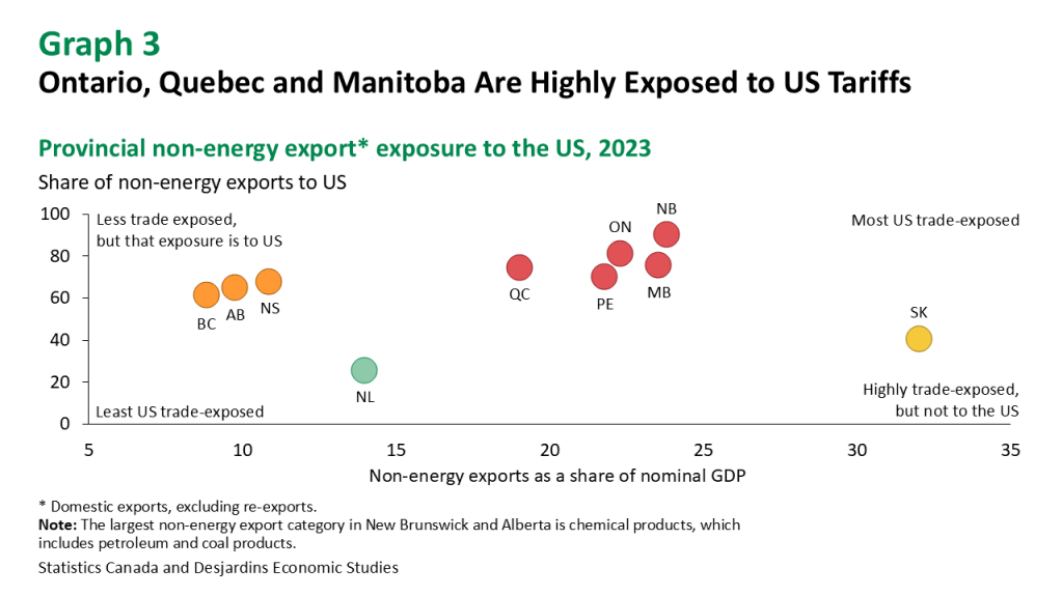
For oil and gas, it is a different story, unfortunately. We will be exporting those products without value added to the USA. And, the cap and trade program that was just announced will likely not make it through the next change in government (not that it matters much).
So, the policy recommendations remain the same:
- building-up of our state-level research agencies such as the NRC and building links between those within the ministries.
- establishing Crown companies where there is need for investment but private capital is uninterested in doing so (the very point of a Crown historically).
- looking to current industrial production and services and finding new trade relationships with other countries than the USA to off-set the "unstable" aspect of the incoming regime.
This is standard policy response to this kind of government in the USA. Too bad no party at the federal level is even considering any of these options.
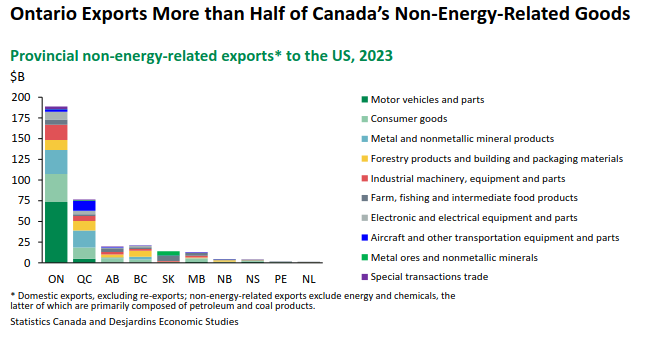
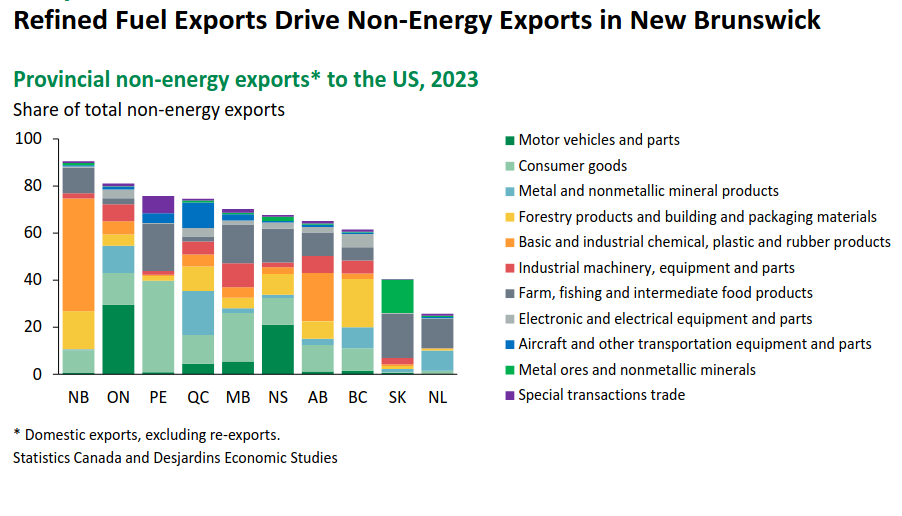
Coffee prices
This continues to be the trading price index of coffee as a commodity. It is a proxy for a lot of things. Mostly the price of coffee.
